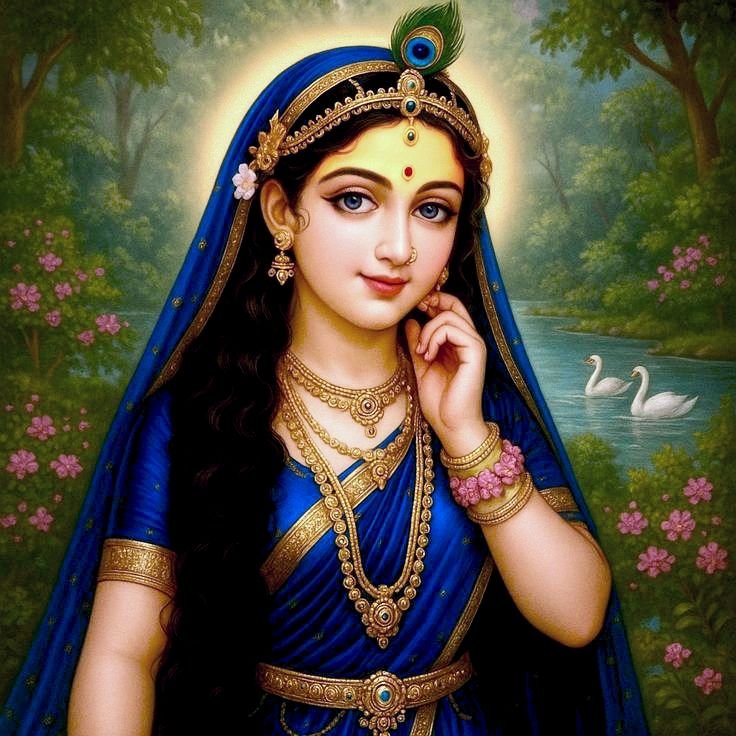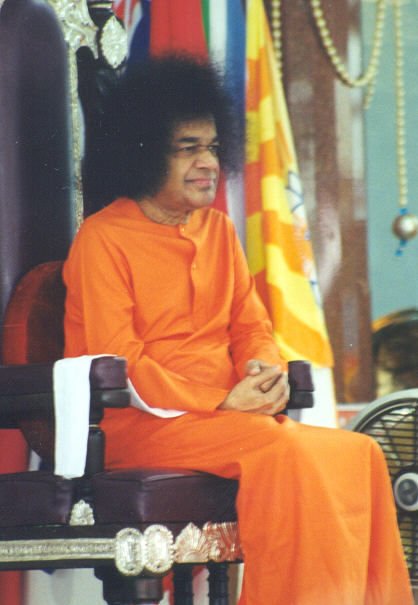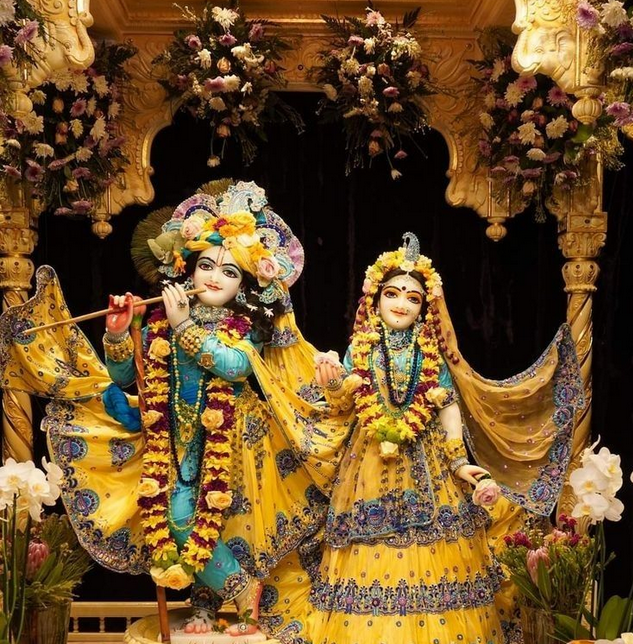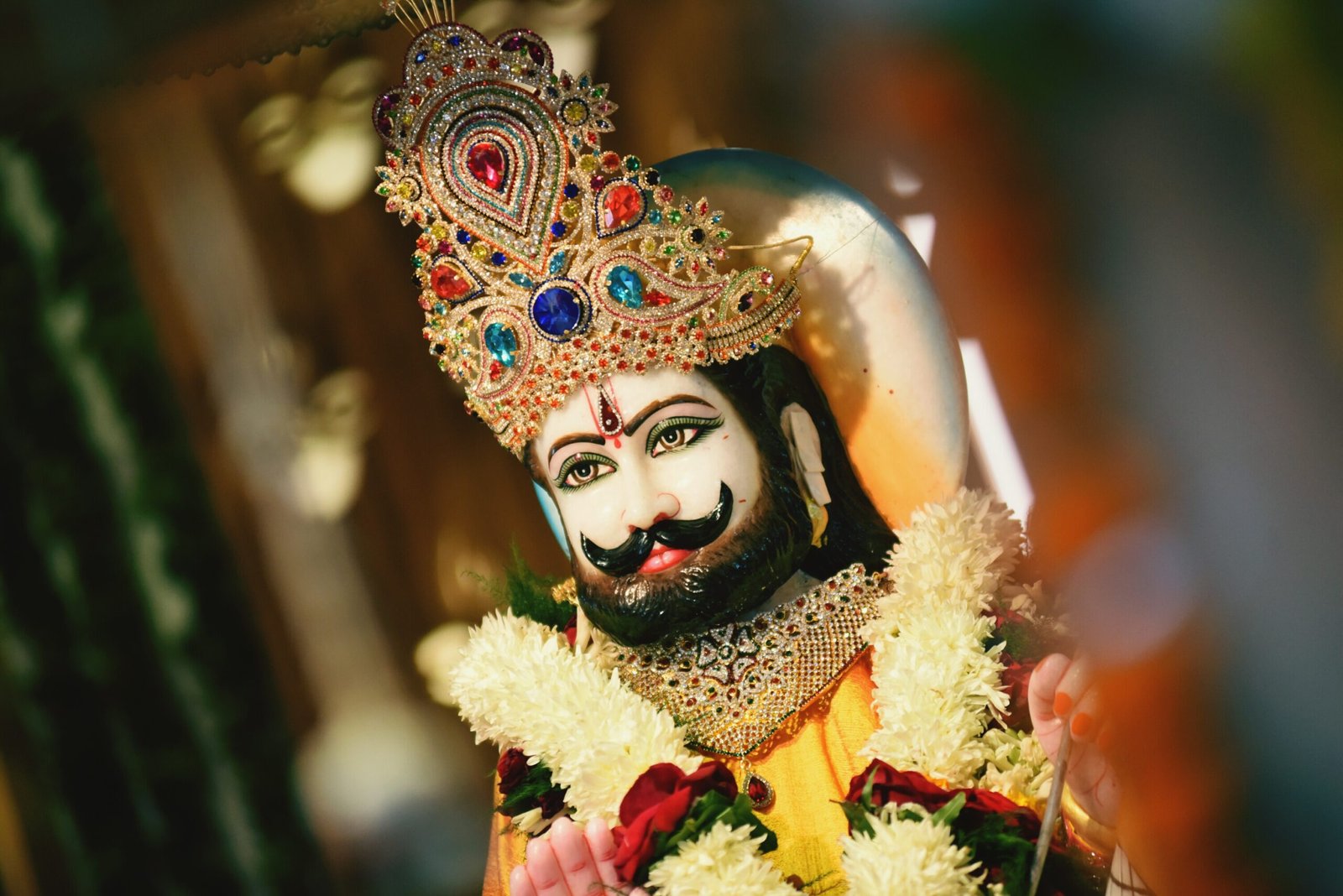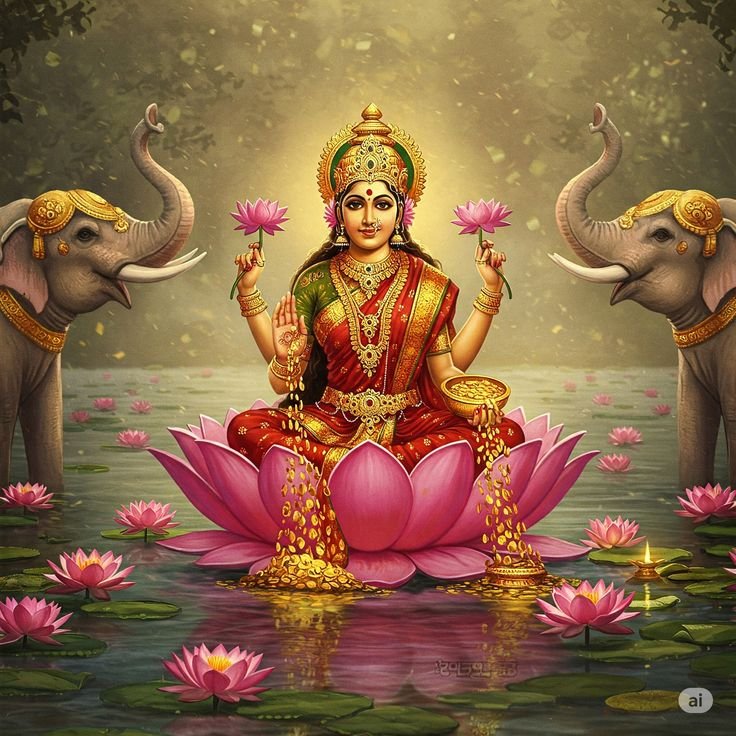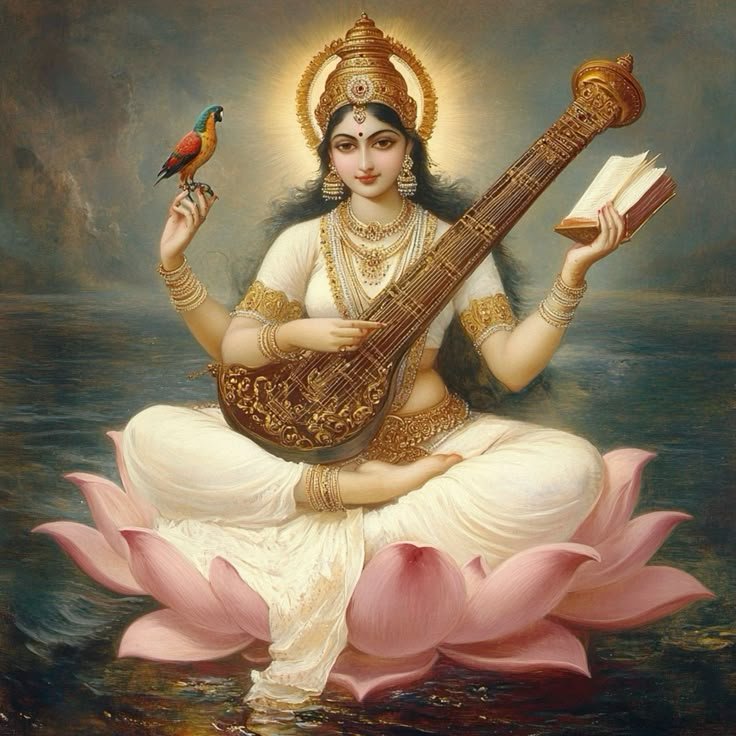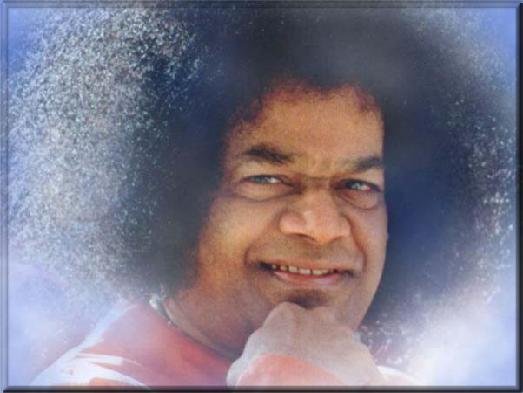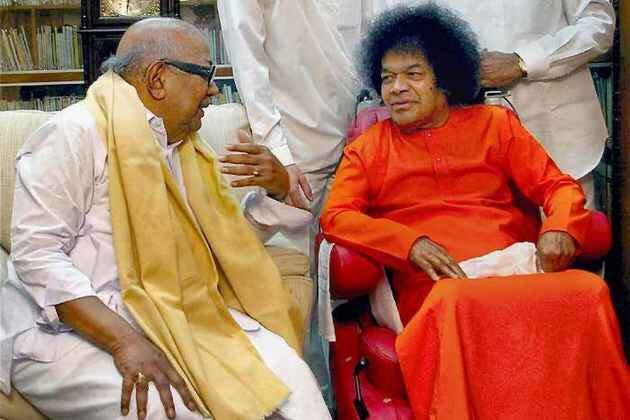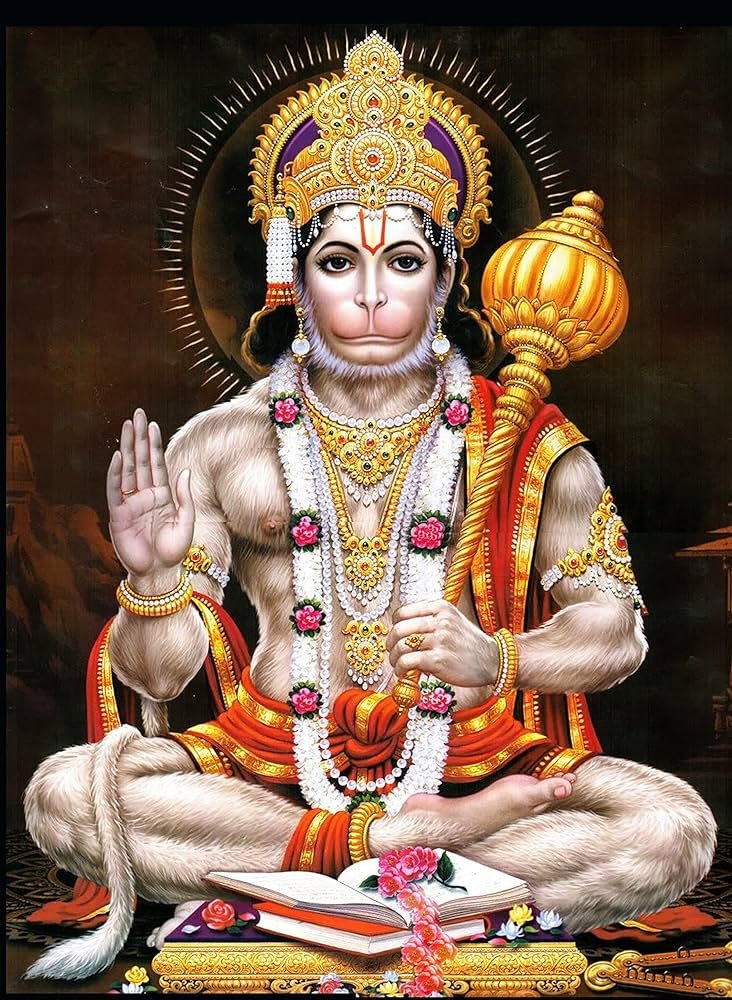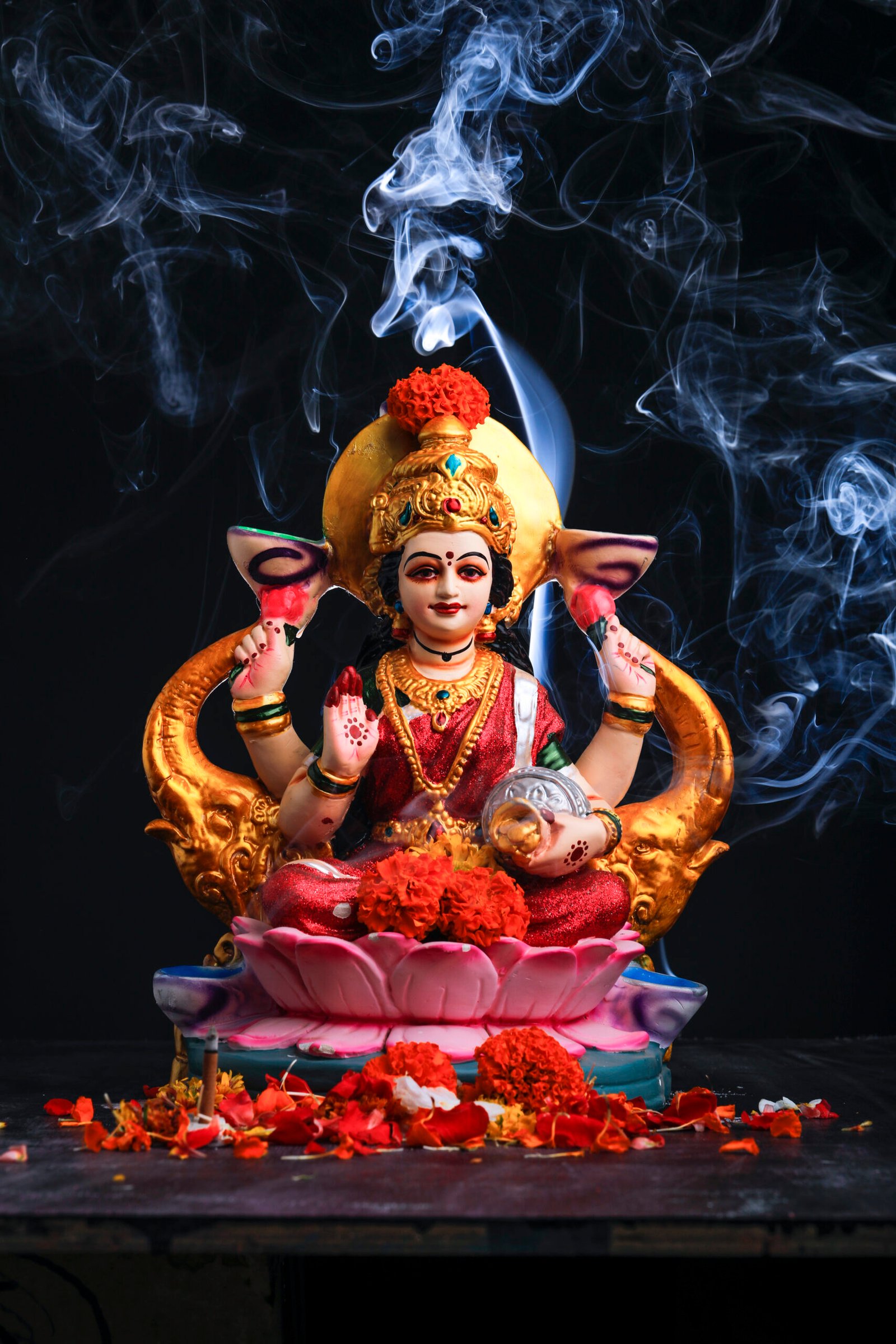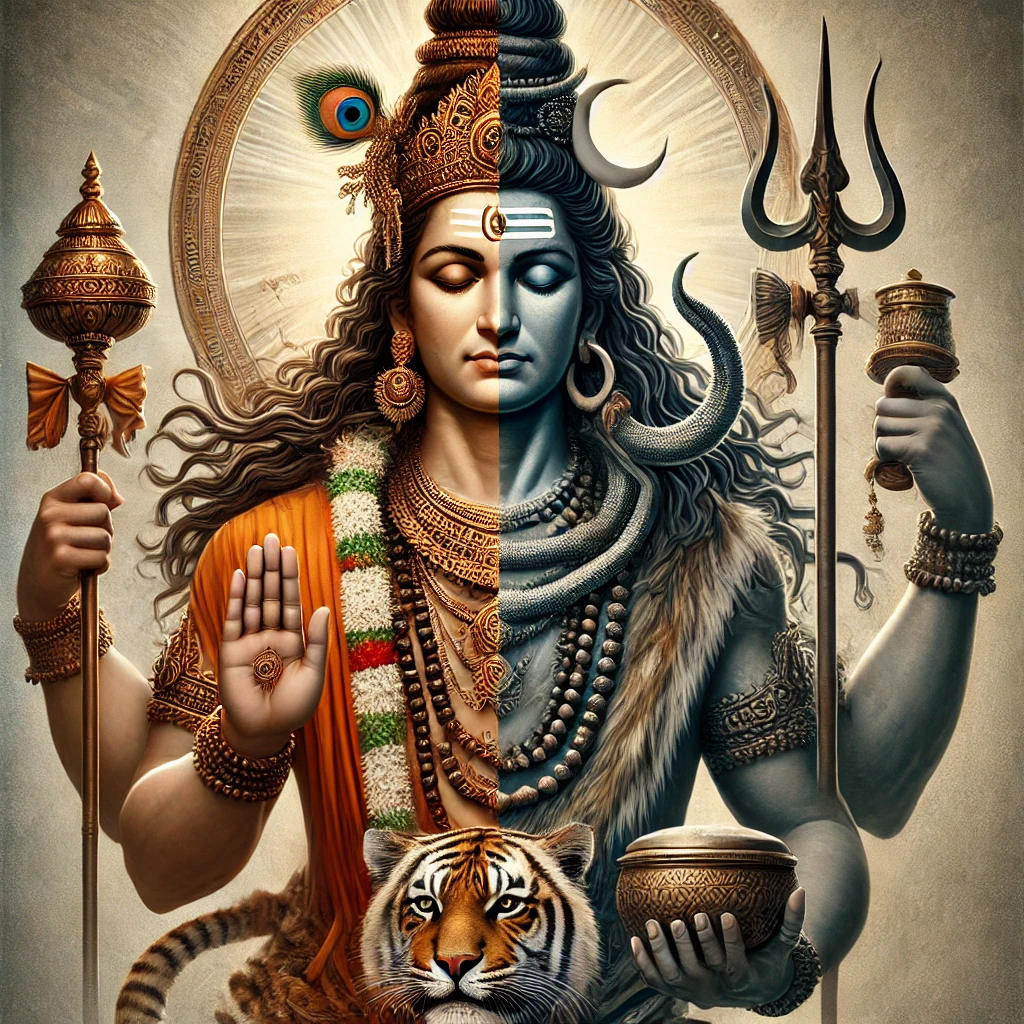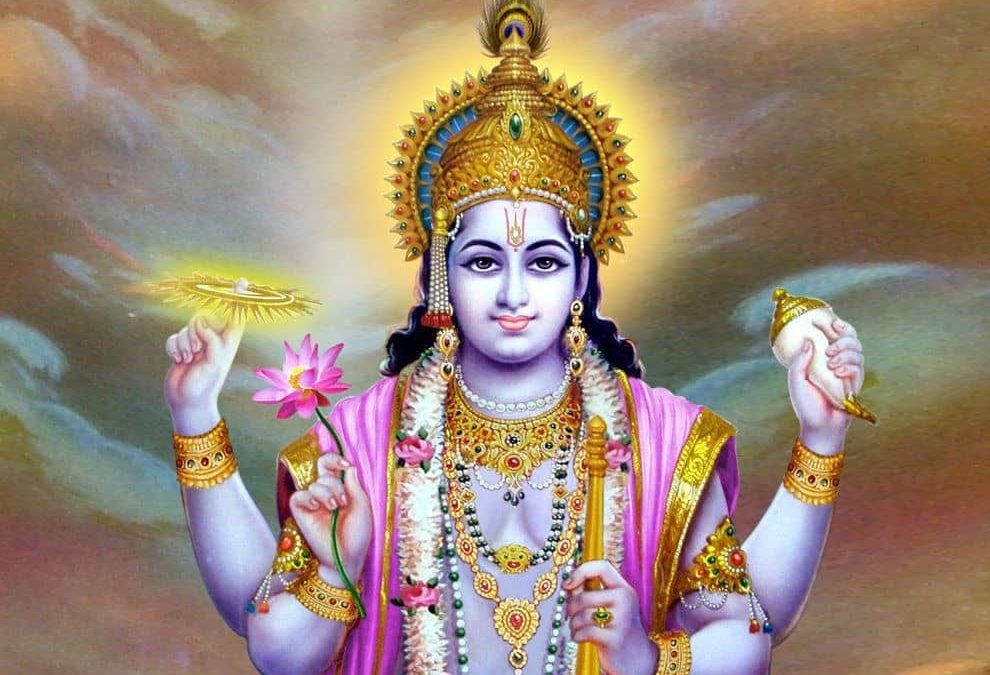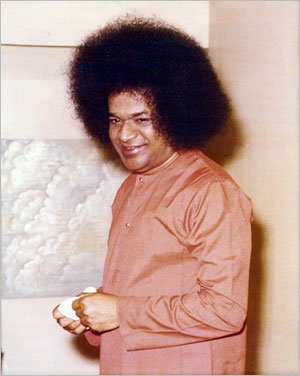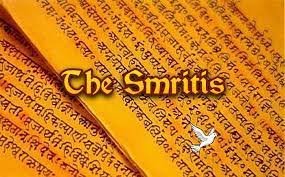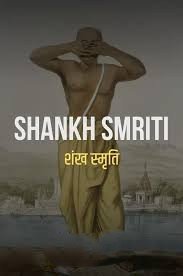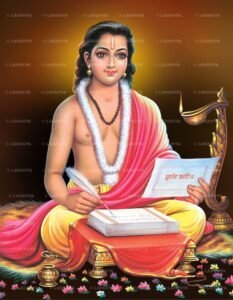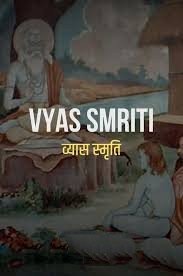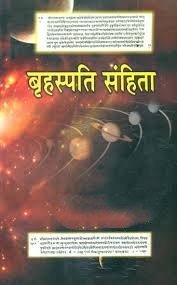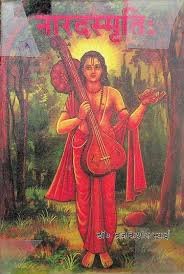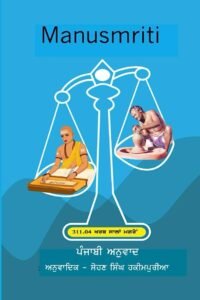Smriti
The Smriti
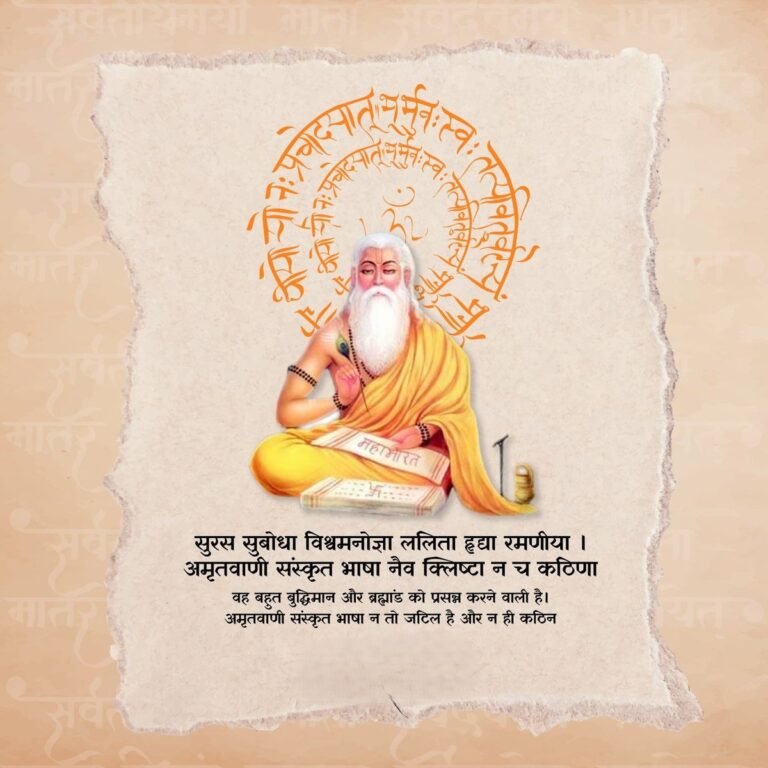
Smriti, meaning “that which is remembered”, is a vast category of sacred Hindu literature that guides people in matters of law, ethics, social duties, and religious practices. Unlike the Vedas (Shruti), which are believed to be eternal revelations directly heard by the rishis, the Smritis were composed by sages based on their understanding, memory, and interpretation of Vedic teachings. Thus, Smritis are considered secondary scriptures, yet they hold immense authority in shaping the cultural, legal, and moral fabric of Hindu society.
The Smritis are primarily concerned with dharma, the code of right conduct. They lay down rules for the varna-ashrama system (duties of the four varnas and four stages of life), laws of inheritance, marriage, family duties, property, rituals, and atonements for sins. They are usually divided into three parts: Ācāra (rituals and daily conduct), Vyavahāra (judicial and legal procedures), and Prāyaścitta (penances and expiations). By codifying these aspects, the Smritis served as manuals of guidance for both individuals and rulers to maintain order and harmony in society.
Traditionally, there are 18 principal Smritis, each attributed to a sage, such as Manu, Yājñavalkya, Nārada, Parāśara, Bṛhaspati, Kātyāyana, Daksha, Gautama, Vishnu, Atri, Harita, Yama, Samvarta, Āpastamba, Vyasa, Likhita, Shankha, and Usana. Among them, the Manu Smriti is the most famous and influential, serving as a foundation for Hindu law for centuries. Others like Yājñavalkya Smriti and Nārada Smriti gained prominence for their detailed treatment of law and judicial systems, while some Smritis, like Parāśara Smriti, were more influential in guiding household and ritual duties.
The significance of the Smritis lies in their ability to adapt Vedic principles to the changing needs of society. Since they were not eternal like the Vedas, new Smritis were composed in different periods to suit the circumstances of the time. Medieval scholars and jurists also compiled digests (Nibandhas) that drew heavily from Smritis, ensuring their continuous authority in guiding law, religion, and morality. This adaptability allowed the tradition of Smritis to remain relevant across centuries.
In modern times, the Smritis are studied both as historical documents of ancient Indian law and as ethical texts that shaped Hindu culture and traditions. While some of their social rules have become outdated, their emphasis on truth, justice, duty, and moral responsibility continues to hold spiritual and cultural value. Together, the Smritis demonstrate how Hindu thought has always sought to balance spiritual ideals with social order, making them a vital part of India’s intellectual and religious heritage.



